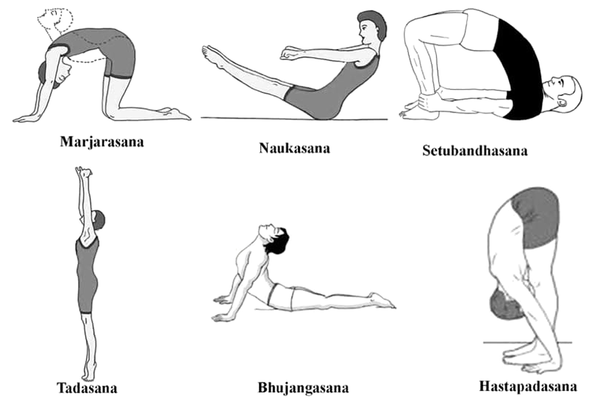Yes, one of the reasons. As a whole, it is very beneficial to go to bed with the conviction that we’re going to another type of school, even though presently we can’t remember much. Most of what happens in our waking life is prepared in the deeper soul currents. It’s not accidental that very often we wake up in the morning with completely different moods and ideas than what we had last night. I like to compare the way our soul body is connected to the sensory spectrum, to Velcro. Through the day they are stuck together and they can only slightly wiggle. At night they are loosened to a much greater extent, the soul body can go through metamorphoses of quite different magnitude and stick to the physical again in a different configuration. Through prayer we try to connect with the beings with whom these transformations can go in such a way that every day they bring something new that can benefit our development and that of everyone around us.
If we have approached SS in a completely abstract way, not much is retained after death. If we only look at schemes of the bodies, the planetary spheres and so on, as long as these remain purely intellectual arrangements, like mental puzzle pieces in our mind, they don’t connect with the realities. And these realities are not remote. SS becomes comprehensible when we realize that it speaks of things within which are embedded all the time. The intuitive orientation within our inner world is what remains with us after death and makes the disembodied state comprehensible.Güney27 wrote: ↑Wed Jan 17, 2024 10:31 pm The other thing I think about right now thanks to your text is, that we need to learn how to understand occult literature first.
It is nothing given.
It's like a big reorientation of the former worldview.
What happens with an abstract intellectual understanding of Ss?
Will it pass the threshold too?
Or do it become worthless?
This is a multifaceted question. There could be different reasons for dementia but the most important comes from the materialistic mode of being. When the soul has no inner cohesion, it is wholly dependent of the physical body for support. It is only natural that when the physical body begins to decohere, the soul experiences additionally dissociate, if we may use Bernardo’s words.
I remember years ago when I started to emerge from my atheistic state, how I realized what great difference it makes if we conceive ourselves as a soul rather than a mere brain. Before that I would surely argue that a soul is just an abstract belief in the mind – and for many this may be exactly the case – but if we really try to feel that as a reality, the way we experience our inner world really changes. Instead of feeling as sparkling neural activity we get that deeper holistic sense. Now we can feel as water, while our physical experiences are like floating ice cubes within it. Knowing our being within this fluid element makes us much more resilient against neural problems. Part of our consciousness is now experienced within fluid element which could be more independent from the physical processes.

